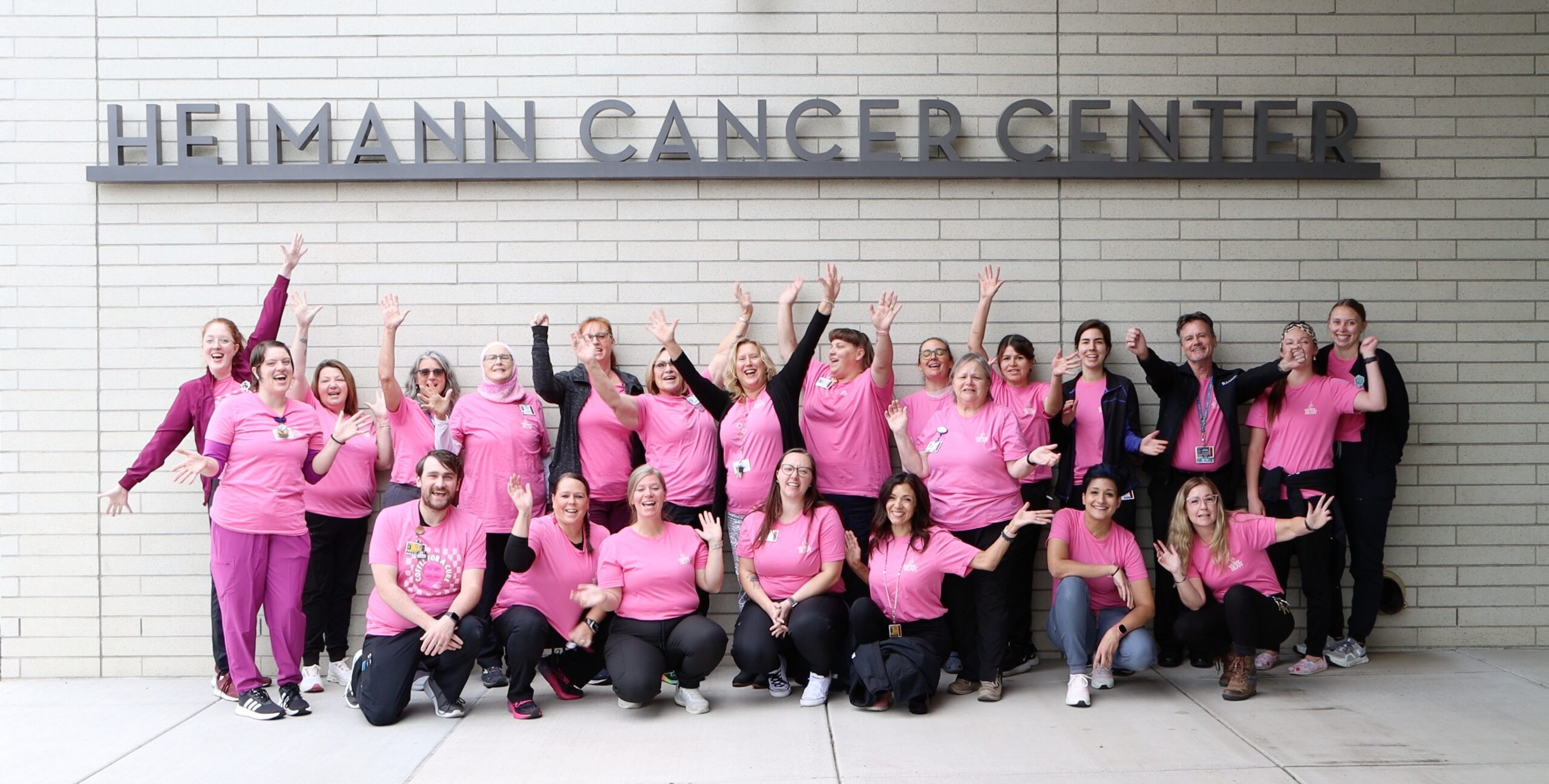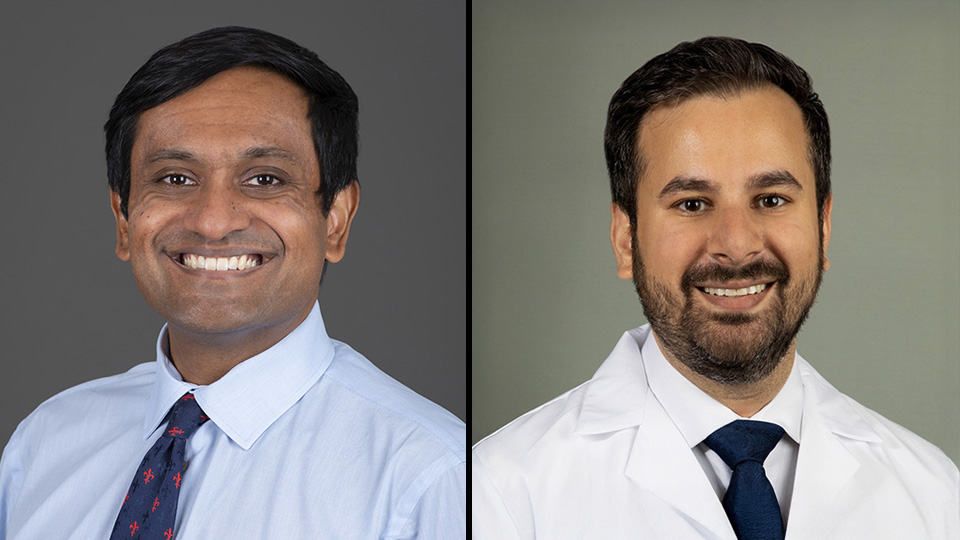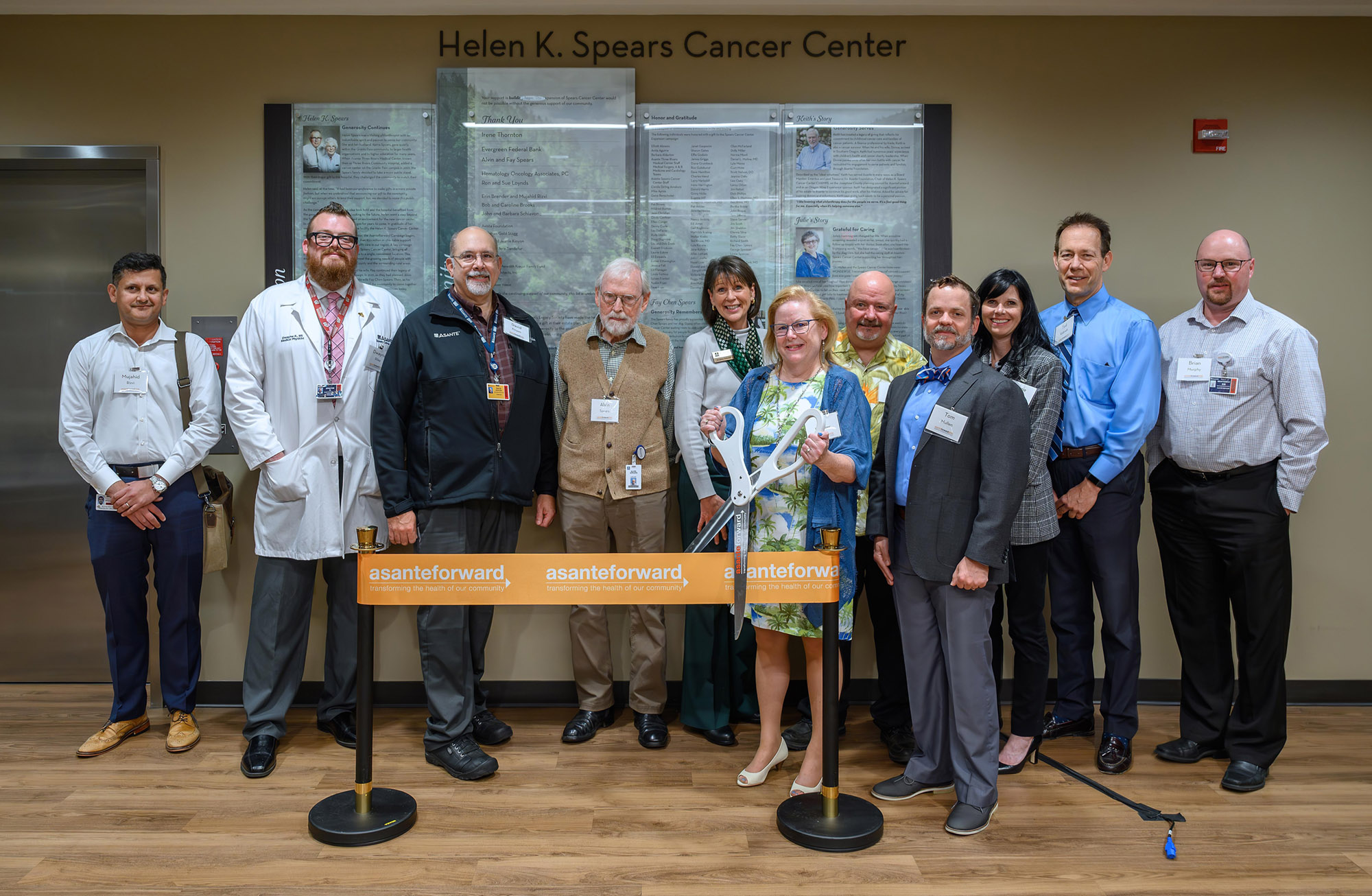Summary
Q: After a recent mammogram, I received a letter from my health care provider saying I have dense breasts. What does that mean?
Q: After a recent mammogram, I received a letter from my health care provider saying I have dense breasts. What does that mean?
A: Oregon law requires health care providers to notify a patient following a mammogram if she has dense breast tissue.
A woman with dense breasts has more fibrous (connective) and glandular tissue than fatty tissue. Dense tissue is common and not abnormal. However, it can make it harder to find cancer on a mammogram. That’s because while fatty tissue appears gray or translucent on screen, dense tissue appears white — the same color as cancerous tissue. It’s possible for dense tissue to camouflage a tumor, which means cancer may go undetected in a mammogram alone.
For that reason, women with more than 50 percent dense tissue may want to consider additional screening options, such as a breast ultrasound, magnetic resonance imaging (MRI), or breast-specific gamma imaging. These tests can examine the breast tissue differently from a mammogram, potentially finding cancerous tissue that a mammogram could miss.
For most women, breast density decreases with age, although for some it stays the same. Our new policy regarding notifying women if they have dense breasts allows us to provide the most thorough care possible, and it empowers women to make fully informed choices about their health care.
To learn more about breast care at Asante, or to make an appointment for a screening mammogram, call Asante Ashland Community Hospital Women’s Imaging (541) 201-4380, Asante Women’s Imaging – Grants Pass (541) 955-5446 or Asante Imaging – Medford (541) 789-4322.
Don’t miss our upcoming webinar, “Screening for and diagnosing breast cancer: what you need to know.” This educational event will cover the latest in breast cancer screening, diagnosis, and treatment. Register now and join us live or watch the recorded version at a later date. Register here.









